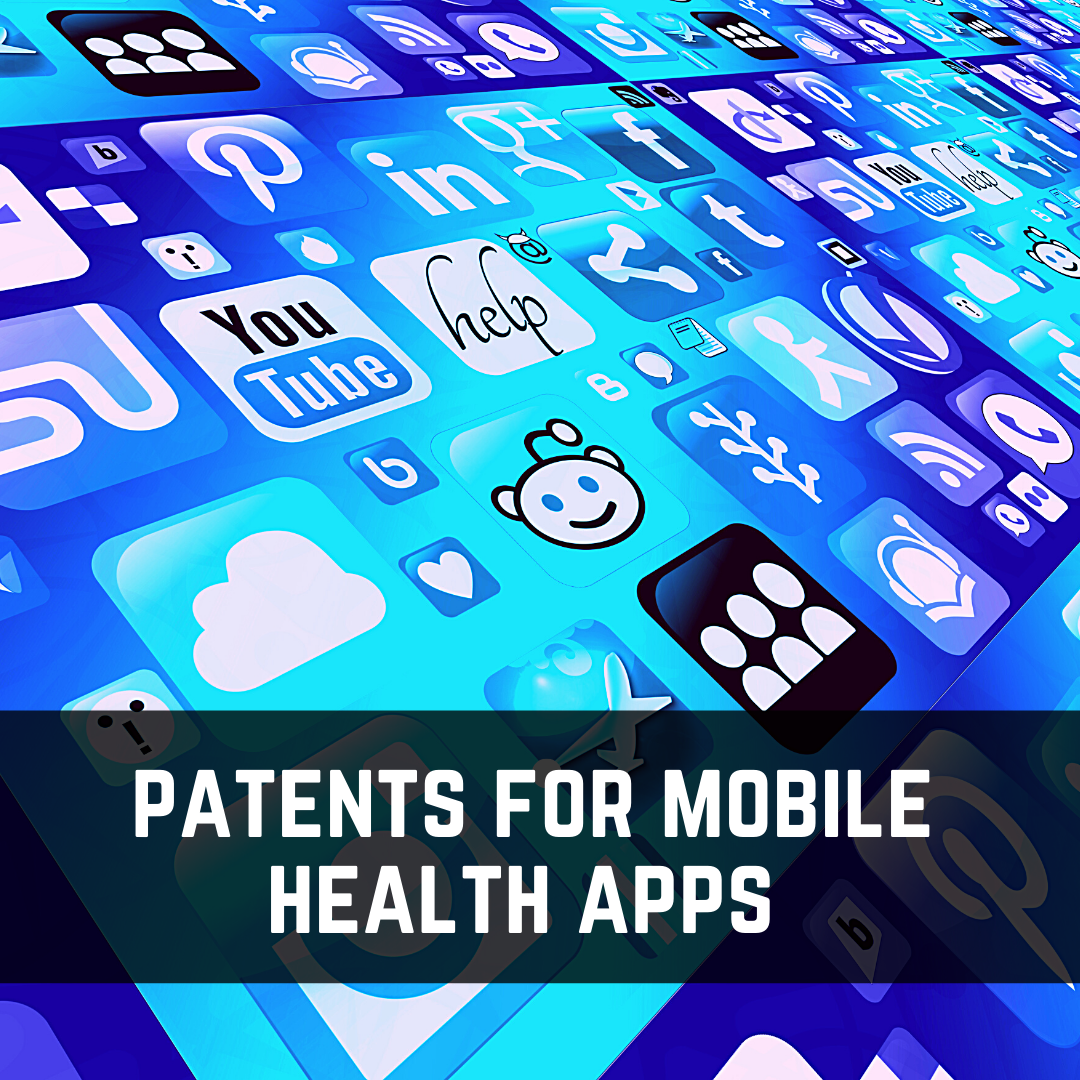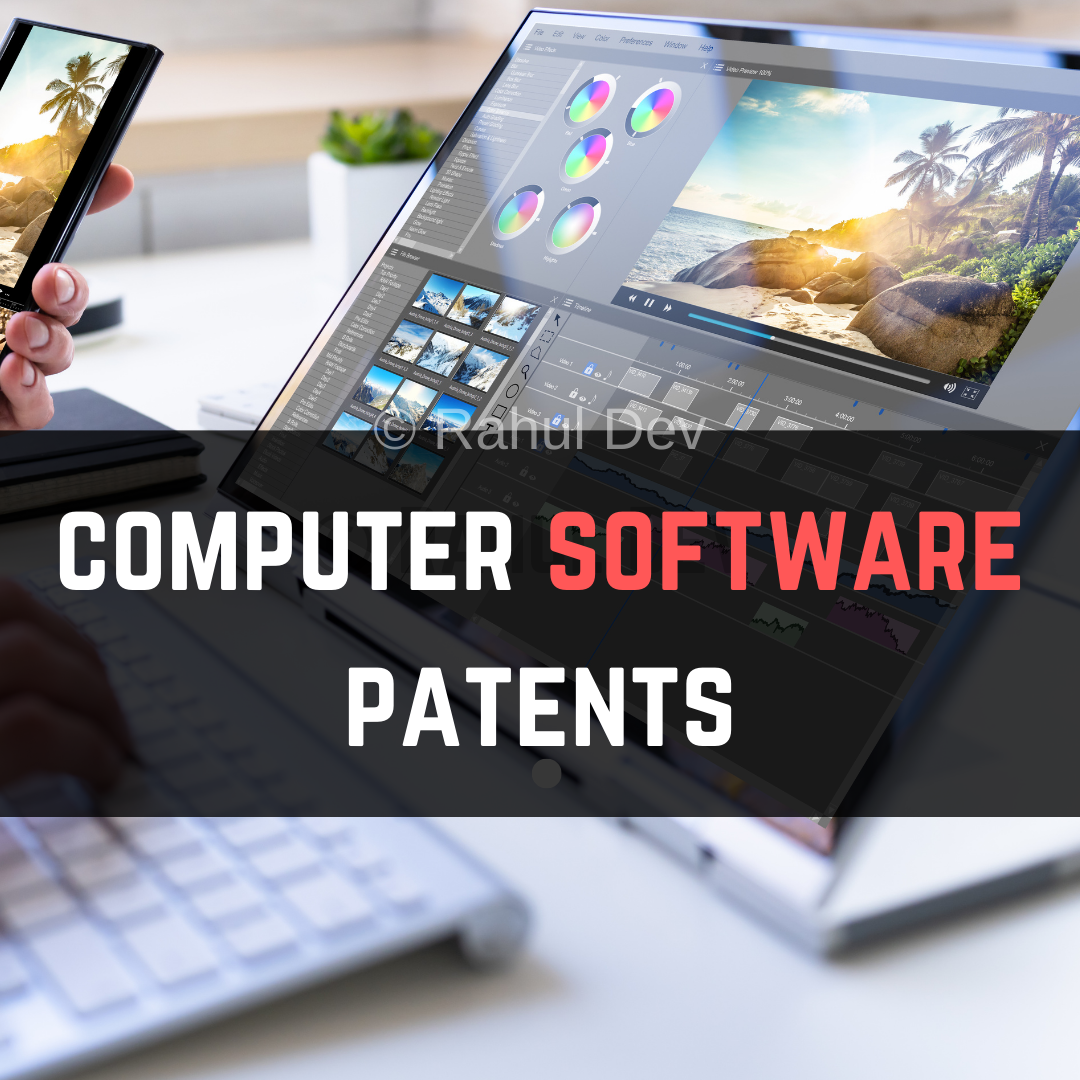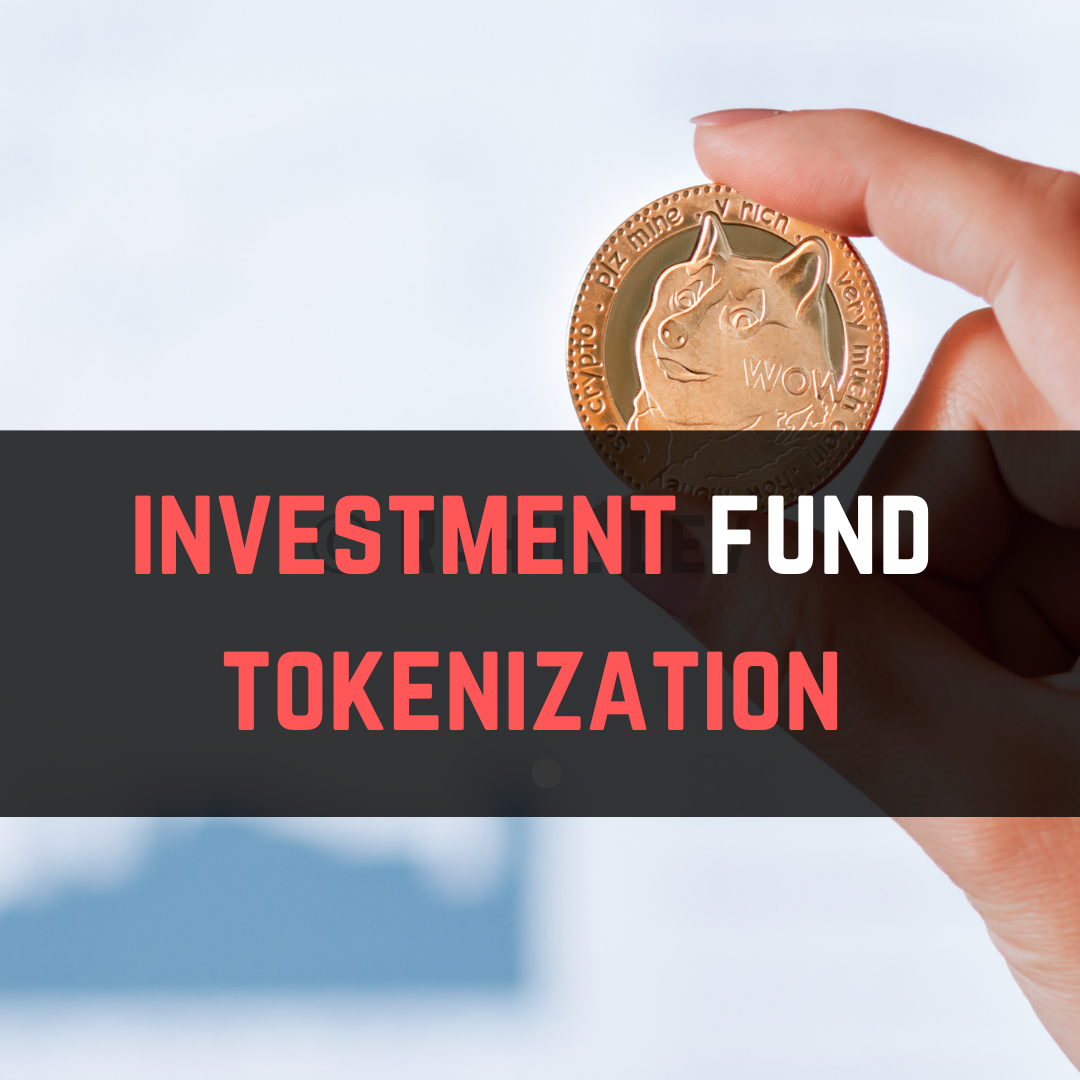

Telemedicine and mHealth patents protect innovative use of information and communication technology (ICT) in healthcare. After Covid-19 pandemic, the government of India has issued Telemedicine Practice Guidelines to enable the registered medical practitioners to provide healthcare using Telemedicine.
Patents in the field of telemedicine and mHealth (mobile health) form a crucial part of patent strategy developed by technology companies. As an example, Apple has filed multiple patents covering innovations for managing medical data and health records API. Google has also filed patents in this category for innovations relating to the fundamentals of deep learning and EHR (Electronic Health Records) analytics.
Innovations covering telemedicine and mHealth applications are protected by way of patents filed through international patent filing mechanisms. The first step to initiate the patent process is to conduct a patent prior art search followed by patentability analysis to determine the patent eligibility of the invention.
As per government guidelines, the definitions of important terms are listed below:
Telemedicine: Under the World Healthcare Organisation, The delivery of health-care services, where distance is a critical factor, by all health-care professionals using information and communications technologies for the conveyance of data important for the diagnosis and treatment of illnesses and injuries, research, and increasing knowledge of health-care professionals, to ensure safe health.
Telehealth: Telehealth serves as a broader term of use of technology for health and health-related services including telemedicine.
Registered Medical Practitioner (RMP): Registered Medical Practitioner is a person who is enrolled in the State Medical Register or the Indian Medical Register under the IMC Act, 1956.
The guidelines published under the IMC Act are designed as an aid and a tool to permit Registered Medical Practitioners to effectively control Telemedicine to encourage healthcare services. The guidelines are meant for RMPs under the IMC Act, which cover the norms and standards of the RMP to check patients through telemedicine. The guidelines further include all channels of communication with the patient.
The Registered Medical Practitioners are entitled to provide effective telemedicine consultation to patients from any part of India. also, RMPs are entitled to follow the same professional and ethical norms and standards as followed by traditional in-person care.
There are multiple applications of telemedicine and it employs numerous tools, wherein the RMPs are entitled to use any telemedicine tool suitable for carrying technology-based patient consultation like telephone, video, devices or connection through various chat platforms like WhatsApp, Facebook, etc. Regardless of the communication tools used, the chief components of telemedicine remain consistent. The core principle of telemedicine practice remains the same irrespective of the tool for communication used.
Telemedicine applications can be classified as the mode of communication, timing of the information transmitted, the purpose of the consultation and the interaction between the individuals involved. Various technologies can be used to transfer or deliver telemedicine consultation. Video, Audio, and Text are three primary modes with various strengths and limitations.
The strengths of telemedicine include video consultations, as it helps in making the patent identification easy. Video tools also ensure the effective inspection of the patient. The audio tools prove to be most suitable for urgent cases like one can consult the patient through a phone call. It also ensures privacy and is most convenient. As an alternative, text based communication can help in keeping documentation and identification as an integral feature of the platform. It is most suitable for urgent cases, or follow-ups or second opinions.
The challenges for providing healthcare by way of telemedicine include issues with video tools, as video is dependent on the high-quality internet connection which can be an issue in rural areas. There is also a possibility of the patient’s information being abused or misused. In case of audio tools, it is not suitable for cases where physical inspection is necessary like skin or eye examination. There is also a possibility of imposters representing themselves as patients. Also, text-based interactions may lead to missed verbal cues. It also becomes difficult for the RMPs to establish rapport with the patient. Also, one cannot ensure both the identity of the doctor or the patient at the time of consultation.
Our team of advanced patent attorneys assists clients with patent searches, drafting patent applications, and patent (intellectual property) agreements, including licensing and non-disclosure agreements.
Advocate Rahul Dev is a Patent Attorney & International Business Lawyer practicing Technology, Intellectual Property & Corporate Laws. He is reachable at rd (at) patentbusinesslawyer (dot) com & @rdpatentlawyer on Twitter.
Quoted in and contributed to 50+ national & international publications (Bloomberg, FirstPost, SwissInfo, Outlook Money, Yahoo News, Times of India, Economic Times, Business Standard, Quartz, Global Legal Post, International Bar Association, LawAsia, BioSpectrum Asia, Digital News Asia, e27, Leaders Speak, Entrepreneur India, VCCircle, AutoTech).
Regularly invited to speak at international & national platforms (conferences, TV channels, seminars, corporate trainings, government workshops) on technology, patents, business strategy, legal developments, leadership & management.
Working closely with patent attorneys along with international law firms with significant experience with lawyers in Asia Pacific providing services to clients in US and Europe. Flagship services include international patent and trademark filings, patent services in India and global patent consulting services.
Global Blockchain Lawyers (www.GlobalBlockchainLawyers.com) is a digital platform to discuss legal issues, latest technology and legal developments, and applicable laws in the dynamic field of Digital Currency, Blockchain, Bitcoin, Cryptocurrency and raising capital through the sale of tokens or coins (ICO or Initial Coin Offerings).
Blockchain ecosystem in India is evolving at a rapid pace and a proactive legal approach is required by blockchain lawyers in India to understand the complex nature of applicable laws and regulations.



